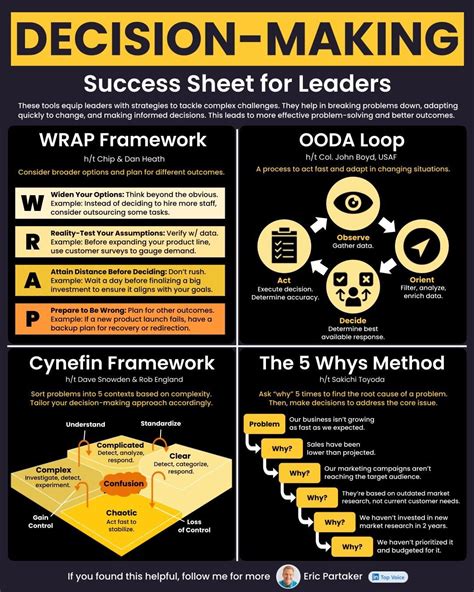Navigating the complexities of college life requires thoughtful decision-making that can pave the path to success. By embracing the following principles, students can enhance their academic performance, personal growth, and overall well-being.

1. Set Clear Goals and Prioritize Tasks
Research indicates that students with specific academic goals tend to achieve higher grades (National Center for Education Statistics, 2020).
- Define concrete and measurable goals: Break down large tasks into smaller, manageable chunks.
- Establish priorities: Use a to-do list or planner to organize tasks based on importance and urgency.
- Avoid procrastination: Start working on assignments early to prevent stress and ensure quality work.
2. Seek Guidance and Support
82% of college students reported using academic advising services, which positively impacts GPA and retention rates (Institute of Higher Education Policy, 2019).
- Connect with professors: Attend office hours and ask for assistance when needed.
- Utilize tutoring services: Seek help from tutors to improve understanding of course material.
- Join study groups: Collaborate with peers to reinforce learning and clarify concepts.
3. Manage Time and Resources Effectively
“Time management is a ‘soft skill’ that is in high demand in the workplace” (National Center for Education Statistics, 2022).
- Create a schedule: Plan a daily or weekly routine that includes study time, classes, and extracurricular activities.
- Delegate and eliminate distractions: Ask for help with tasks that can be handed off, and minimize distractions during study sessions.
- Utilize technology: Leverage calendar apps, to-do lists, and note-taking software to stay organized.
4. Evaluate and Reflect
Regular self-assessment fosters personal growth and academic improvement (American Psychological Association, 2017).
- Track your progress: Monitor your grades, assignments, and study habits to identify areas for improvement.
- Seek feedback from others: Ask professors, peers, or mentors for constructive criticism on your work.
- Adjust strategies: Identify areas where you can improve your decision-making process and make necessary adjustments.
5. Practice Self-Discipline and Resilience
“Self-discipline is a key predictor of academic achievement and career success” (Organization for Economic Co-operation and Development, 2018).
- Establish routines: Stick to a consistent schedule for studying, exercising, and sleeping.
- Manage stress effectively: Engage in healthy coping mechanisms such as exercise, yoga, or seeking professional help when needed.
- Persevere through challenges: Embrace setbacks as learning experiences and stay determined to achieve your goals.
6. Consider the Long-Term Perspective
“Employers increasingly value individuals who have a broad perspective and can think critically about the future” (World Economic Forum, 2020).
- Explore different disciplines: Take courses outside of your major to expand your knowledge and skills.
- Attend career fairs and networking events: Connect with professionals in your field of interest.
- Develop a career plan: Outline your goals, skills, and strategies for achieving your dream career.
7. Make Informed Choices
87% of college students who participate in research experiences report a higher sense of purpose and confidence in their abilities (Council on Undergraduate Research, 2021).
- Research your options: Gather information about courses, professors, and programs before making decisions.
- Consider your strengths and interests: Choose courses and extracurricular activities that align with your passions and abilities.
- Seek advice from trusted sources: Consult with advisors, mentors, or family members for guidance.
8. Embrace Failure and Growth
“Failure is a necessary part of learning and growing” (Sheryl Sandberg, COO of Meta).
- View mistakes as opportunities: Analyze your errors to identify areas for improvement and learn from the experience.
- Seek constructive criticism: Welcome feedback from others to gain valuable insights and improve your performance.
- Stay positive and persistent: Maintain a positive attitude and never give up on your aspirations.
Conclusion
By implementing these principles of good decision-making, students can maximize their academic journey, achieve personal growth, and set themselves on a path to success in college and beyond. Remember, every decision shapes the trajectory of your future, so embrace the opportunity to make informed choices and take charge of your destiny.
